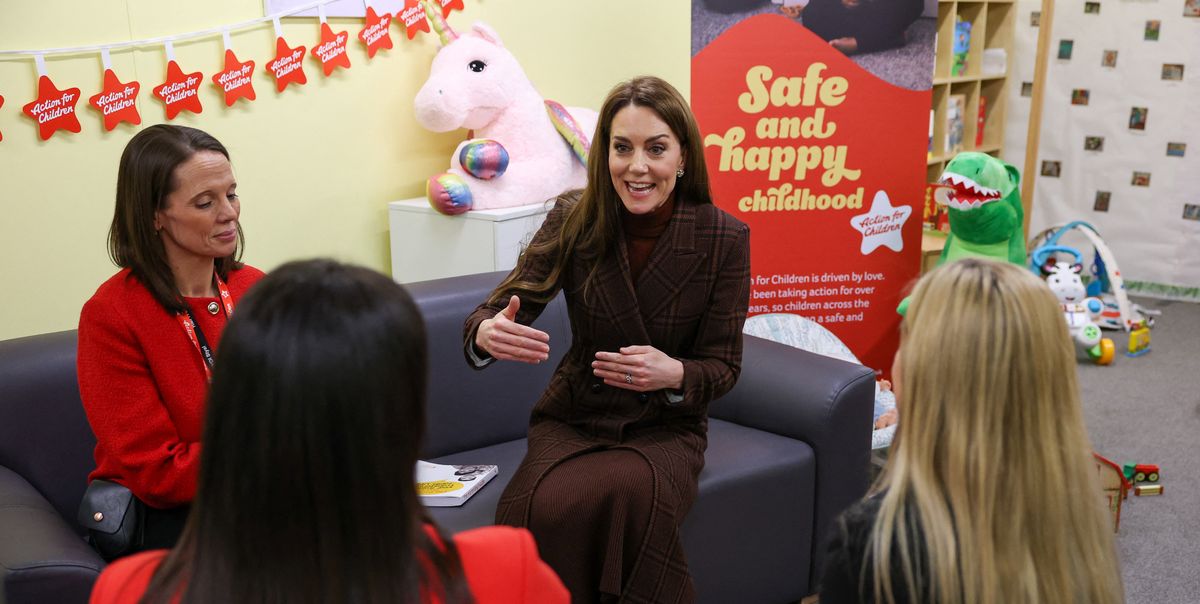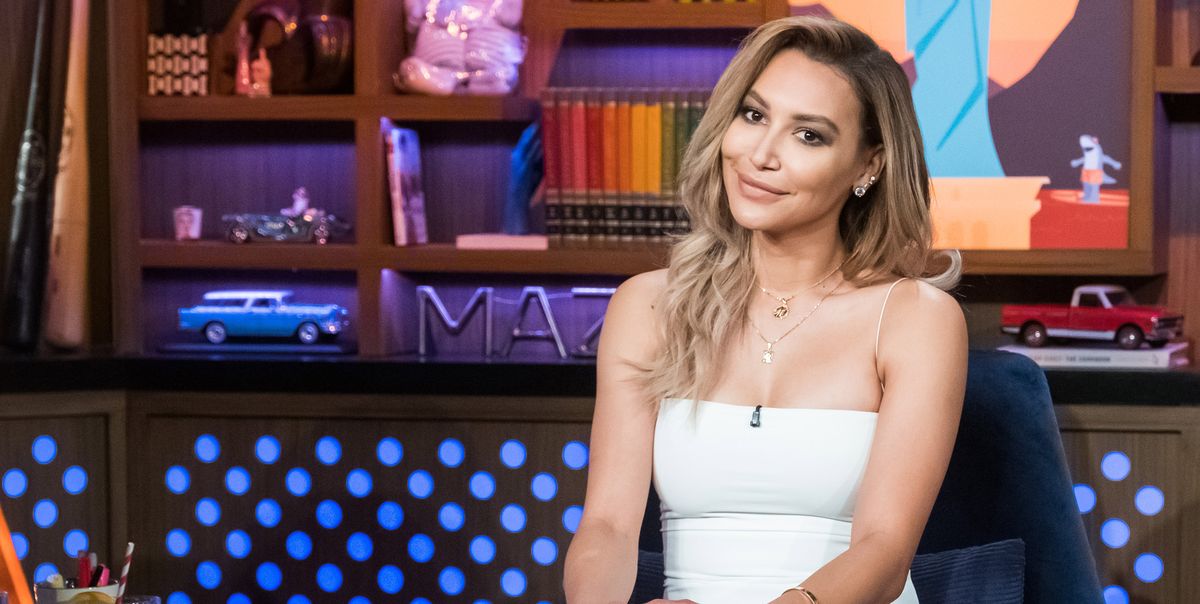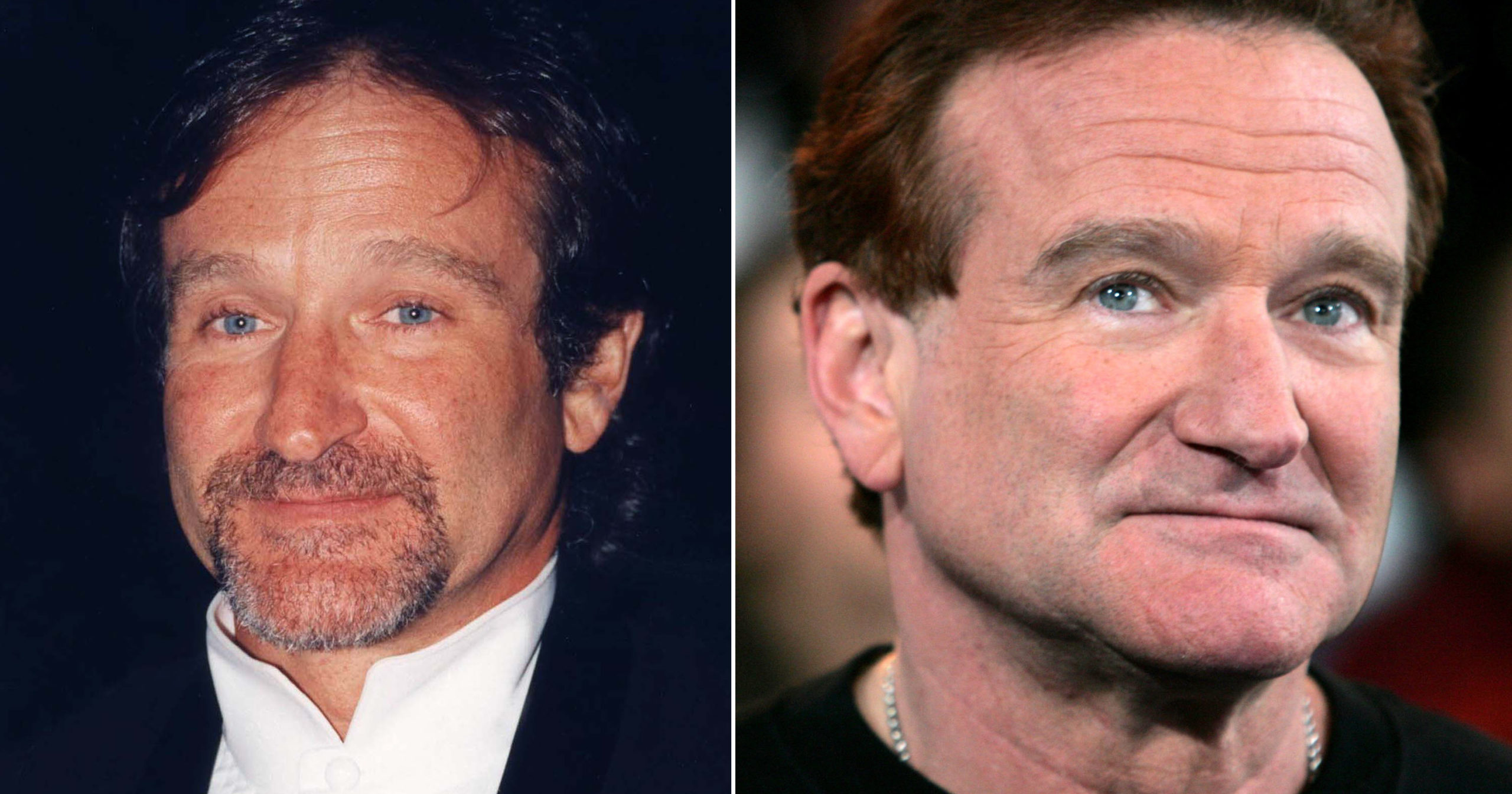
Seven years after the untimely passing of the beloved actor Robin Williams, fans worldwide continue to mourn his loss, reminiscing about the legendary actor he was both on and off-screen. People remember him not only for his iconic film roles but also for his generous and kind-hearted nature.
In August 2014, the world bid farewell to Robin Williams shortly after he celebrated his 63rd birthday. Despite his physical absence, his legacy endures in numerous ways.
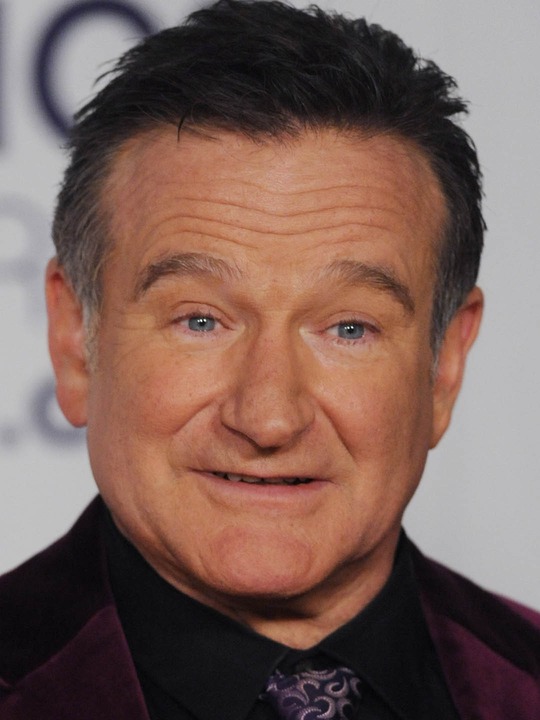
The entertainment industry lost one of its comedic geniuses in 2014 when the iconic and witty Robin Williams left this world. Known for his genuine kindness, family values, and humor, Williams carved a special place in the hearts of many.
Williams, born in 1951 in Chicago, embarked on a career that would establish him as one of the most respected actors of all time. While he was a shy and reserved boy during his early years, few could have predicted the global adoration and financial success he would attain.
However, there were subtle indicators of Robin’s uniqueness early on, thanks to his mother, Laurie.
Seeking His Mother’s Approval
In a 2011 interview, Williams disclosed how his mother significantly influenced his sense of humor, always striving to make her laugh to gain her attention.
In 1969, after being voted “Most Likely Not to Succeed” and “Funniest” by his high school peers, Williams graduated and proceeded to study political science at Claremont Men’s College in California. However, he soon realized that his true passion lay in acting, prompting him to drop out and pursue his dream.
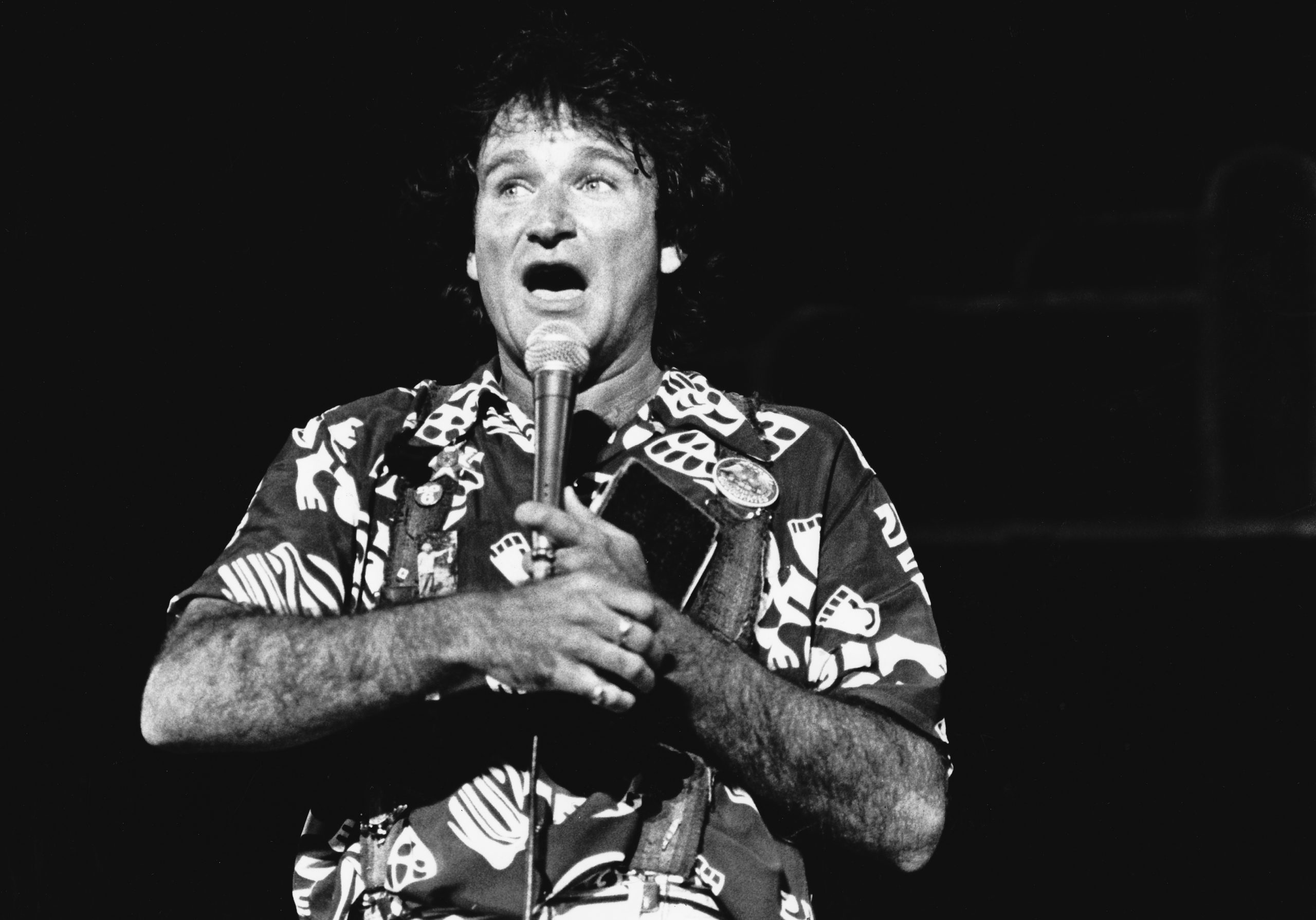
After studying theater for three years at a community college, Robin earned a full scholarship to the Juilliard School in New York, renowned for its excellence in music, dance, and drama. His classmates and professors quickly recognized his exceptional talent.
Robin became renowned for his improvisational skills. According to drama professor James Dunn, Williams’ larger-than-life personality and unmatched talent stood out amongst his peers.
“I realized his exceptional talent the first time he portrayed Fagin in ‘Oliver!’ We encountered technical difficulties during the performance, and by midnight, we were only halfway through the musical. At one point, he began conversing with a stick he held, and the stick ‘responded.’ Despite the palpable tension, he had everyone bursting into uncontrollable laughter. I vividly remember calling my wife at 2 a.m. to express that this young man was destined for greatness,” Dunn recounted in an interview with The Marin Independent Journal in 2014 .
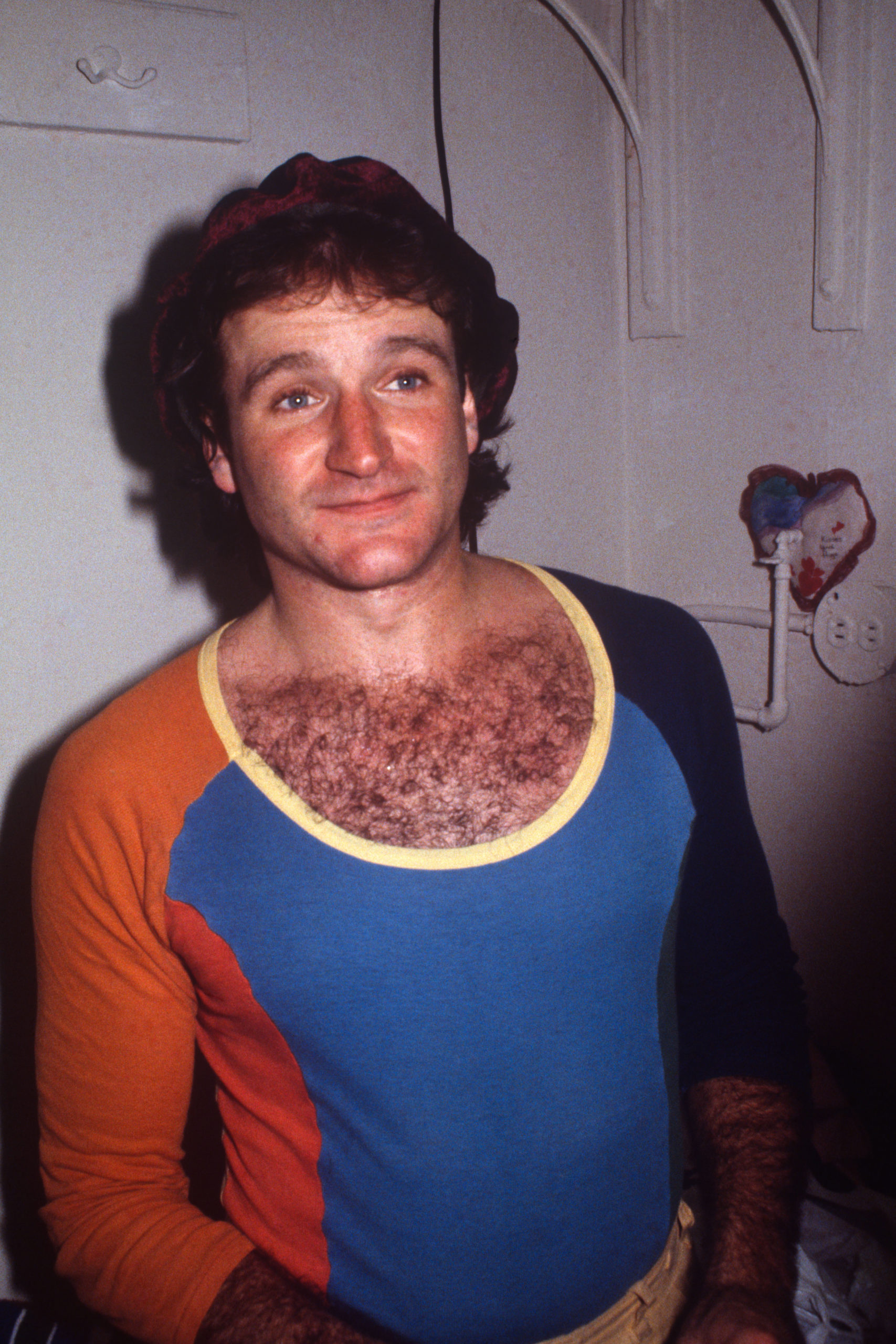
Despite the accolades and admiration, Williams encountered challenges securing acting roles after leaving Juilliard. Consequently, in the mid-1970s, he returned to San Francisco and ventured into stand-up comedy, a career path he stumbled upon at a local church.
“I attended a stand-up comedy workshop in the basement of a Lutheran church, which was a solo improvisational experience. I initially started with improvisation but alone,” he shared with NPR. “Eventually, I began constructing my own act.”
Surviving as a stand-up comedian in 1970s San Francisco was a far cry from the glitz and glamour of Hollywood that would define Robin Williams’ later years.
“Comedy was a coping mechanism for me,” Robin reflected.
Earnings from “Mork & Mindy”
In 1978, Williams landed a breakthrough opportunity with the iconic sitcom Mork & Mindy. The show, which aired from 1978 to 1982, originated from Robin’s successful guest appearance on an episode of Happy Days.
Portraying an alien from the planet Ork assigned to observe human behavior, Williams infused the role with his unique energy, leaving an indelible mark on television.
Revisiting clips of Mork & Mindy today showcases the plethora of witty one-liners Williams effortlessly delivered. His seamless voice and character transitions endeared audiences to his charismatic portrayal.
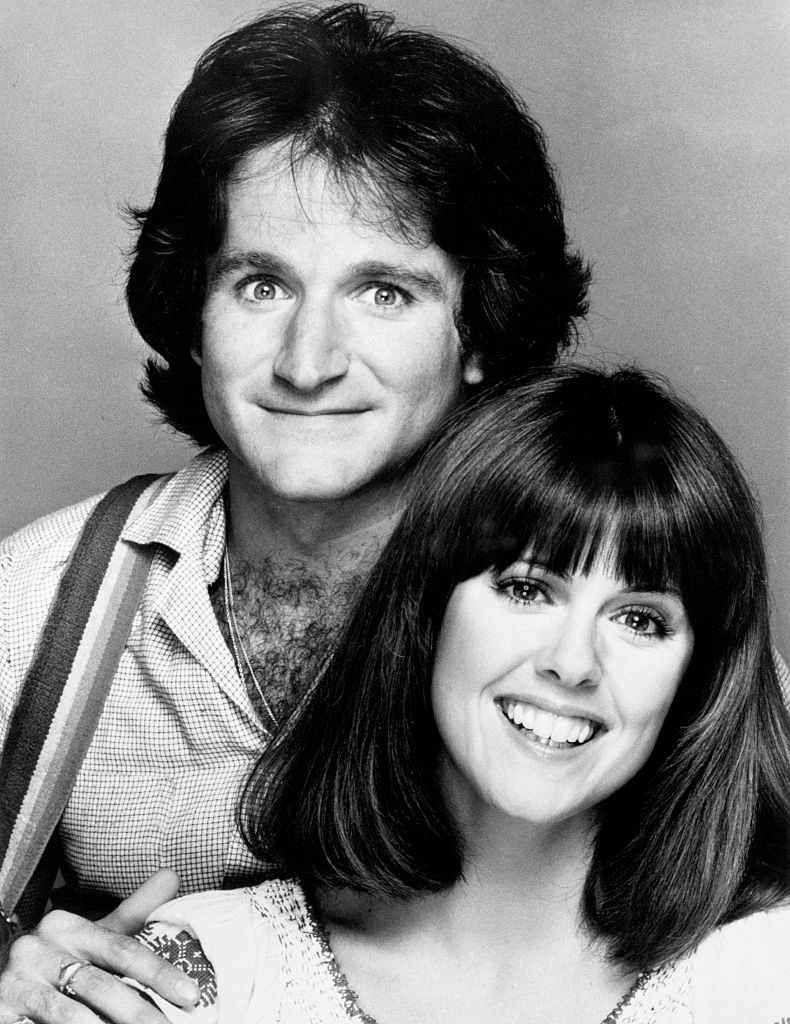
To state the obvious, the sitcom was an instant success. Moreover, it significantly padded Williams’ bank account.
His contract with the production team initially earned him $3 million. As reported by Daily News in 1979, Robin started at $6,000 per week at the show’s inception, which later escalated to $75,000 per week at the peak of the series.
Celebrity Net Worth asserts that Robin raked in around $35,000 per episode, equivalent to approximately $130,000 in today’s currency.
Film Ventures
Following Mork & Mindy, Williams transitioned to the silver screen. His exceptional performances in Good Morning Vietnam and Dead Poets Society propelled him to the pinnacle of Hollywood.
Suddenly in high demand, Williams was a prominent figure throughout the 1990s, starring in blockbuster hits like Aladdin, Mrs. Doubtfire, Hook, Jumanji, and Good Will Hunting.
When voicing the Genie in Disney’s smash hit Aladdin, Williams likely had free reign. The role was tailored for him as the producers scripted it with his persona in mind, allowing him ample room for improvisation.
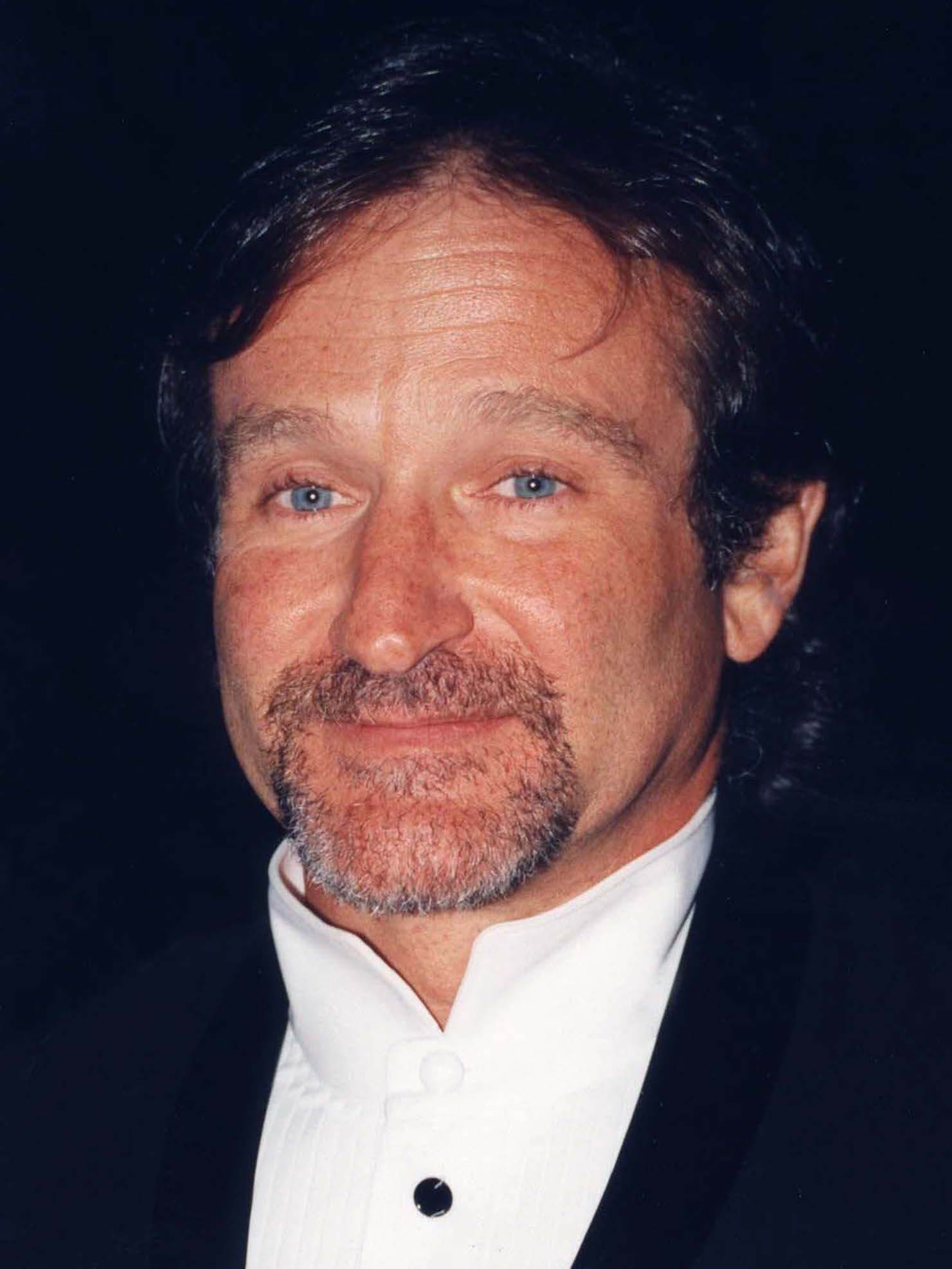
“He was incredibly funny; we were literally rolling on the floor in the control room. Eventually, we had to edit out his funniest bits, which proved challenging because Robin immersed himself in a character and then ad-libbed around it – and everyone else. We essentially took the material Robin provided and brought it to life,” shared Joe Haidar, an animator involved in the production, with Daily Record in 1992.
Compensation for “Aladdin”
Williams opted to accept a modest $75,000 for his role in the Aladdin movie, significantly below his potential earnings. His primary motivation was to “leave something pleasant for his children,” as he stated.
Furthermore, Williams wanted no part in the film’s merchandising. He declined involvement in promotional activities and limited his on-screen presence to a quarter of the movie.
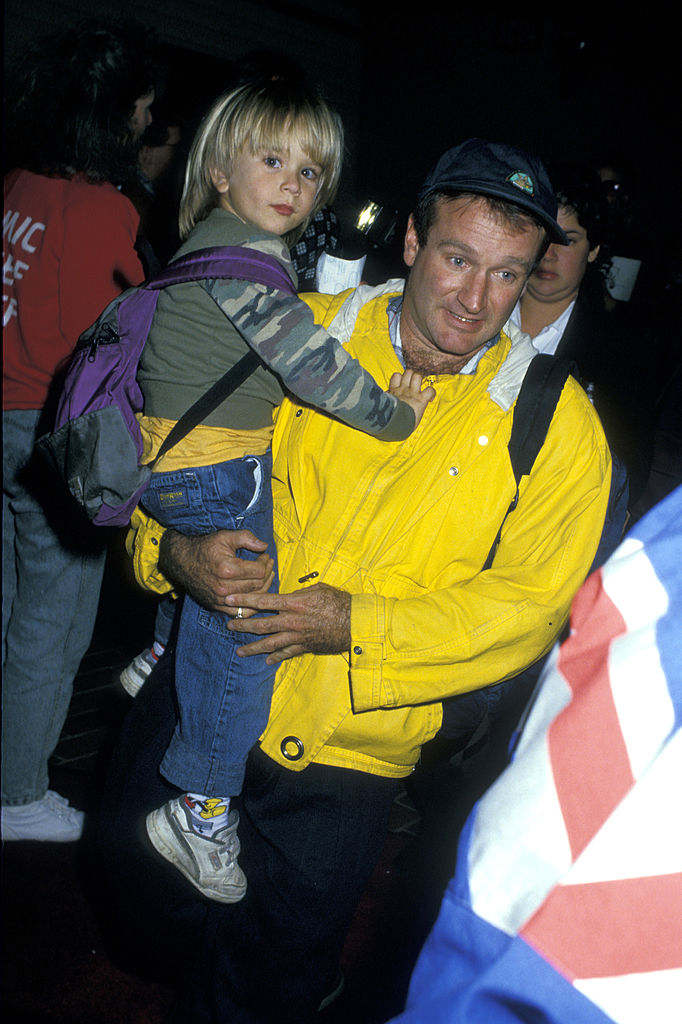
Regrettably, Disney disregarded his request, leading Williams to sever ties with the company for several years.
“Not only did they use my voice, they also altered a character I created and utilized it for commercial gain. That was the boundary I refused to cross,” the actor revealed to Parade.
Aladdin went on to amass $500 million in global box office revenue.
Peak Earnings
Williams reached a career pinnacle in 1997 when he clinched an Oscar for his portrayal of Dr. Sean Maguire in Good Will Hunting.
Subsequently, his market value soared. Just two years post his Oscar triumph, Williams secured his highest-ever paycheck for a film, earning $20 million for his role as the robot Andrew in Bicentennial Man.
However, to Williams’ dismay, Walt Disney Studios slashed the budget by approximately $20 million.
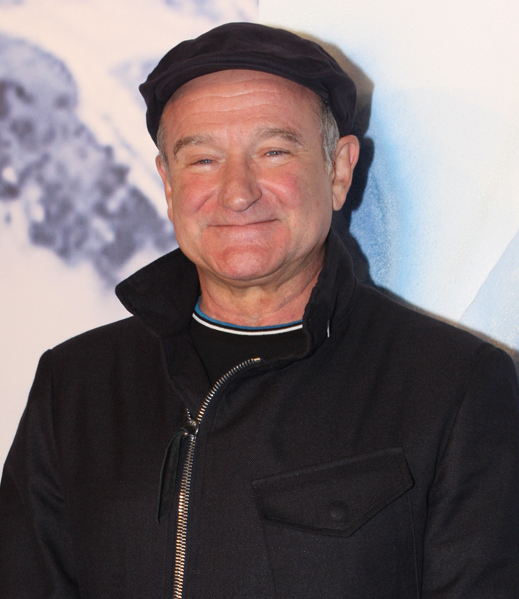
Furthermore, the studio curtailed marketing expenditures from their initial plan. Consequently, when the film premiered on Christmas Day in 1999, it faltered at the box office. Once again, Williams found himself at odds with Disney.
Net Worth Upon His Passing
During his extensive tenure in the entertainment realm, Williams accumulated a substantial fortune. Celebrity Net Worth estimates his films generated approximately $5.1 billion globally.
However, towards the end of his life, his financial landscape dimmed, and he encountered money woes. Williams attributed part of his financial downturn to two costly divorces. Following his divorce from his first spouse in 1988 and subsequent split from his second wife, Marsha Garces, in 2008, the esteemed actor reportedly paid a combined $30 million to his ex-wives.
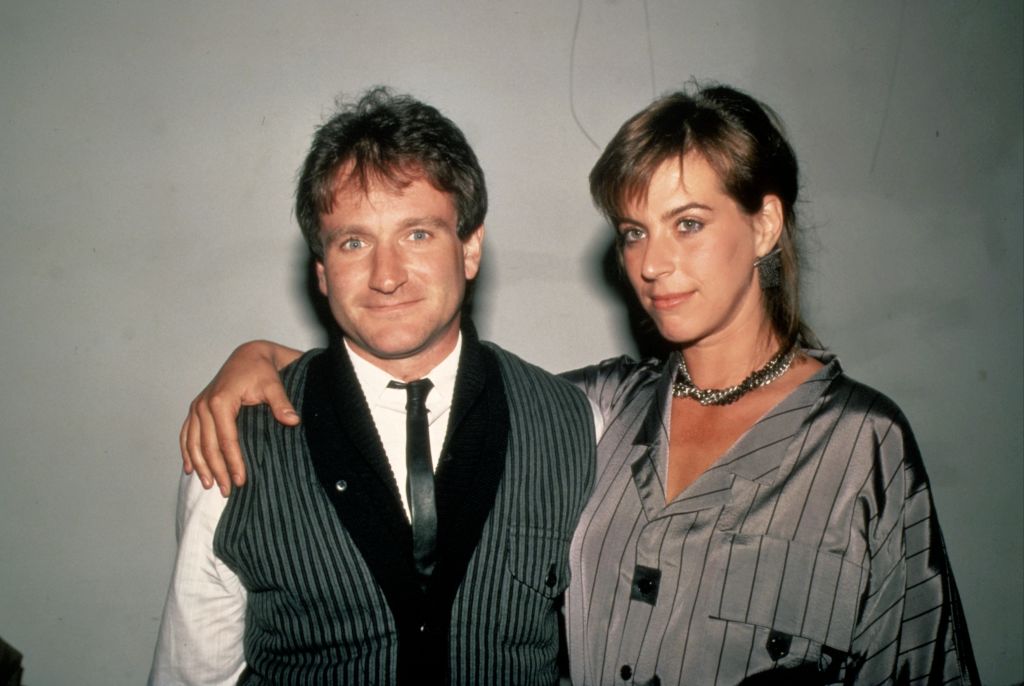
When queried by Parade about losing his wealth to divorces, Williams poignantly remarked:
“Well, not everything. But a significant portion. Divorces can be quite expensive. I humorously refer to it as ‘alimony,’ but they’ve amended it to ‘all the money.’ It’s a heart-wrenching experience that leaves you financially shaken.”

